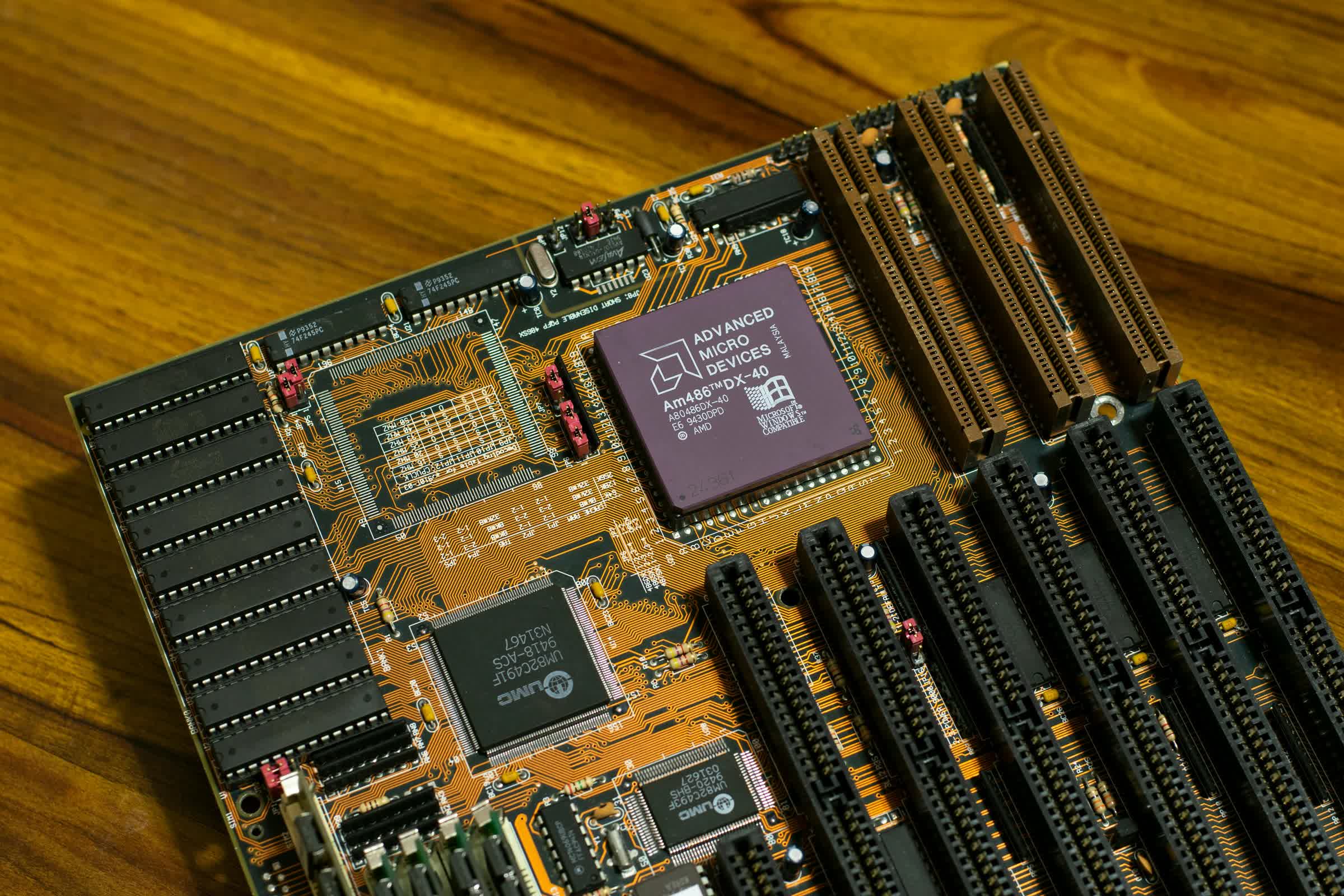The big picture: It would be hard, if not impossible, for AMD to dislodge Nvidia from its dominant position in the AI chip market. However, AMD can position itself as a strong alternative by building out its AI services and ecosystem. This is the goal behind AMD's $665 million acquisition of Silo AI, which has deep expertise in large language models.
AMD has signed a definitive agreement to acquire Silo AI, the largest private AI lab in Europe, for $665 million in cash. The acquisition, expected to close in the second half of 2024, is part of AMD's quest to build out its AI services to better compete with market leader Nvidia. The Finnish startup could be a potent tool for AMD, as it has experience in scaling large language models on one of the world's most powerful supercomputers, LUMI, which uses AMD hardware.
"Silo AI's team of trusted AI experts and proven experience developing leadership AI models and solutions, including state-of-the-art LLMs built on AMD platforms, will further accelerate our AI strategy and advance the build-out and rapid implementation of AI solutions for our global customers," said Vamsi Boppana, senior vice president of the Artificial Intelligence Group at AMD.
Silo AI has been a pioneer in scaling large language model training on LUMI, Europe's fastest supercomputer powered by over 12,000 AMD Instinct MI250X GPUs, according to Dr. Pekka Manninen, sirector of science and technology at CSC-IT Center for Science, Finland. "Together with university collaborators, they have trained state-of-the-art open-source models for EU languages, such as the Nordic Poro and Viking models."
Silo AI brings over 300 AI experts to AMD, including more than 125 AI scientists with doctorate degrees – an influx of talent that will significantly boost AMD's AI development capabilities. Silo AI's experience in building AI on AMD platforms will also strengthen the chipmaker's software development efforts, potentially improving the ecosystem around AMD's AI chips to better compete with Nvidia's dominant CUDA network.

These efforts have gained some traction already, with AMD's open-source ROCm tools having generated a modest following alongside the introduction of new hardware such as its Instinct MI300 series datacenter GPUs.
AMD has made other investments in its ecosystem capabilities in the past year, acquiring companies like Mipsology and Nod.ai. For example, Mipsology's team is helping AMD compete more effectively in the AI inference market, a key battleground against Nvidia.
All told, AMD has invested over $125 million across a dozen AI companies in the last 12 months. However, many of those deals were small, tactical acquisitions, dwarfed by the sum AMD is spending on Silo. In fact, the acquisition is the largest of a privately held AI startup in Europe since Google acquired UK-based DeepMind in 2014.
While the acquisition is a significant step for AMD, it cannot be ignored that Nvidia holds a dominant market share in the AI chip market. Aware of this, AMD's strategy is to position itself as a viable alternative to Nvidia, targeting businesses that do not want to rely on a single vendor.
